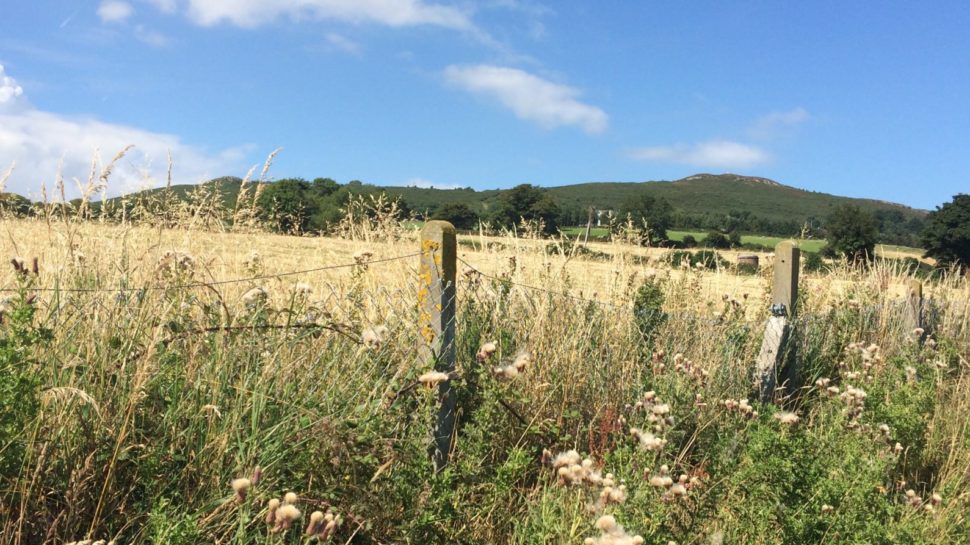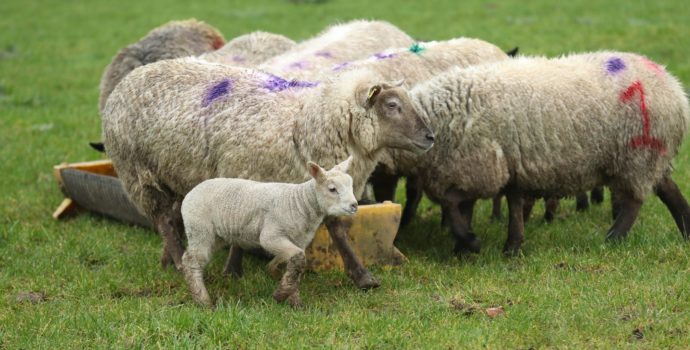IFA Inists on Flexibility in Commonage Framework Plans with No Glas Payment Delays

IFA National Hill Committee Chairman Pat Dunne has insisted that maximum flexibility be shown by the Department of Agriculture in the implementation of commonage framework plans for more than 9,000 farmers on 3,500 commonages throughout the country in the GLAS scheme.
“With commonage plans due to be submitted by the end of October, IFA is urging planners to submit plans now. However, the Department of Agriculture should continue to accept plans after the date, and payments to hill farmers must not be held up.”
Pat Dunne said the appeals mechanism through the Department of Agriculture and the Commonage Implementation Committee (CIC) must be used to review the minimum and the maximum ewe equivalent figures as in many instances the proposed stocking figures bear no relationship to the actual situation on the ground. In a number of cases the figures are obsolete as they refer to the situation in 2012 when commonage stocking levels were last reviewed.
The National Hill farmers’ leader said that if the stocking figures are not changed it will lead to a situation where commonage plans will be very difficult to implement. He stressed that it is critical that commonage plans are workable, practical and flexible for farmers.
Pat Dunne said farmers or planners should get a review of stocking levels in the first instance from the Department of Agriculture. If there are still problems the case needs to be made to the CIC.
He said the CIC under the independent chairmanship of Padraic Gibbons must deal with appeals swiftly.
He pointed out that the remit of the CIC includes:
- to examine cases where there is disagreement by shareholders over proposed minimum/maximum stock levels;
- to assist farmers with instances where difficulties emerge securing agreement between shareholders;
- to assist where there is disagreement on the assigned commonage advisor; and,
- other issues on implementation that may arise.
“GLAS is worth up to €50m for commonage farmers and is a vital support mechanism for hill farmers, for whom direct payments make up a very significant part of farm income. Ensuring that farmers can maximise all schemes is of critical importance”, Pat Dunne concluded.




